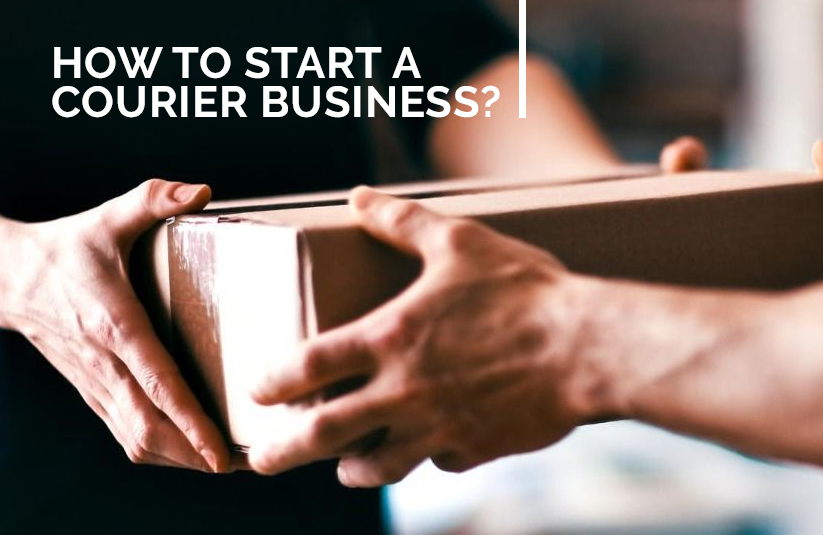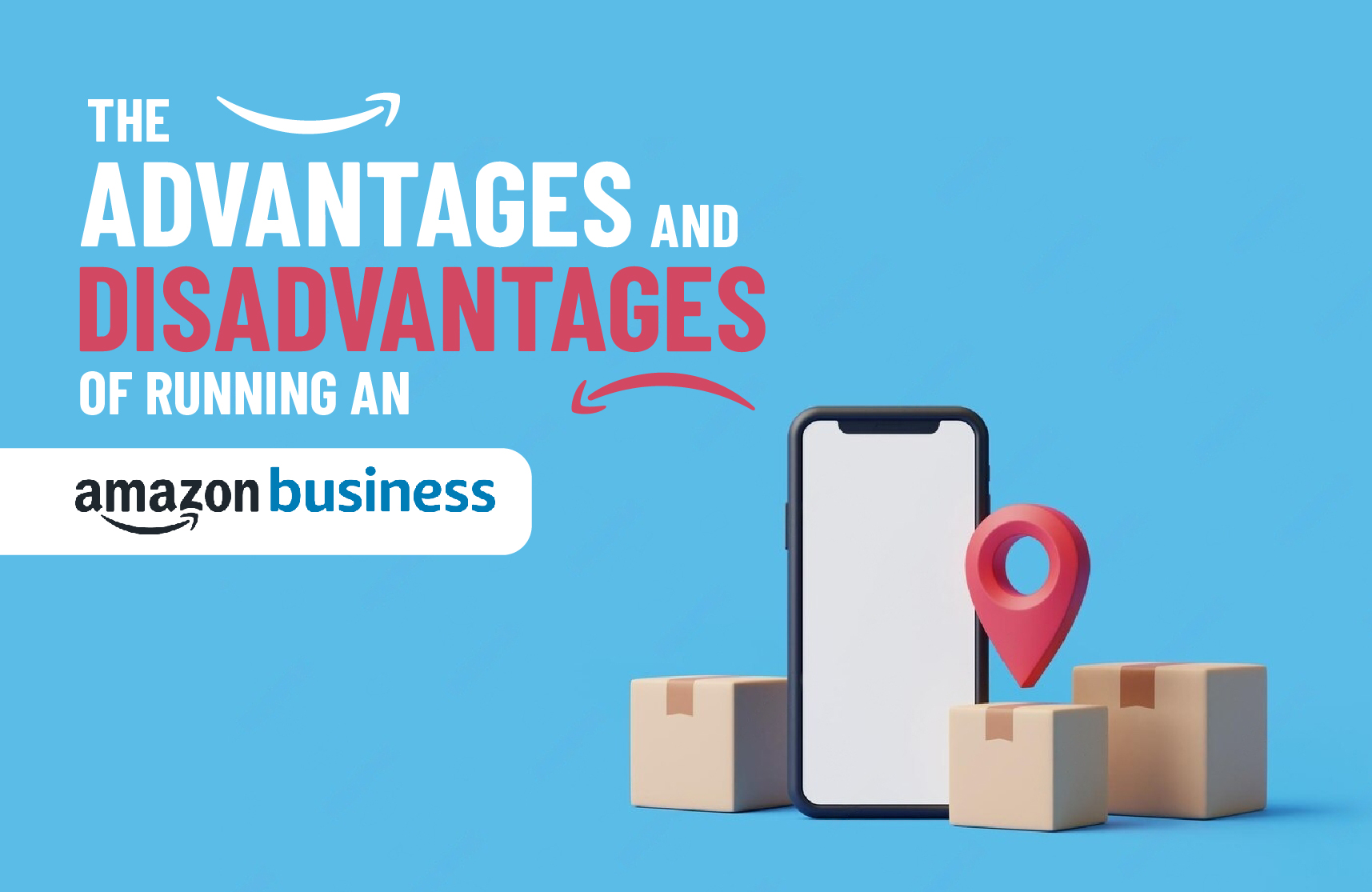Starting A Business
Who doesn’t want to become their own boss, work their own hours, and become financially independent? If you are looking to start a courier business, you have come to the right place! Here are some tips to help you start your own courier business.
Starting out as an entrepreneur is never easy. You can get off to a smooth start by making smart decisions and avoiding common mistakes. When it comes to a courier business, the startup costs are relatively low. Your success is mostly determined by your own efforts and perseverance, and your willingness to hustle.
Starting a courier business involves meticulous planning, making important decisions regarding capital and finance, and going through legal paperwork. Read on to know about the steps to starting a courier business.
1. Conduct A Well-Thought-Out Market Research
Before starting out, do market research—this will tell you if there is a need for your service in a particular area or whether there is an opportunity to turn your idea into a successful venture. Market research is a way to identify potential customers, competition, deciding a location for your business and to find your niche. You can use that information to find a competitive edge for your business and make it stand a cut above the rest. You can simply do market research yourself. If it is the first time you are venturing out by yourself, you might want to consider approaching some of the top market research companies in India. They would help you with the necessary approach and provide you with a detailed report on the findings. This will simplify your work—investing in market research is always recommended. Its ROI is immense. Market research helps you gather information to better understand opportunities in your area of interest and also the amount of competition you face. Is there a scope for your idea in the market? What is competition? And more importantly, what are the limitations? Gather data on target customers, their age, financial status, interests, and anything that is relevant for your business.
Get to Know here to Get Maximum Benefits to Your Business Through Market Research
2. Write Your Business Plan
Before you invest in your business, you need to come up with a courier business plan. Your courier business plan makes the “skeleton” of your business—everything else is built around it. It is the foundation—without it starting your business would be like steering a ship without a rudder. A business plan serves as a roadmap to your business; it provides it with the structure, information on how to run, finance your business, etc. You will use this document to convince potential investors to invest in your company, or to convince people to work with you in a partnership.
A well-thought-out business plan helps you run your business effectively. It will be your go-to document during business reviews and during discussions on how to grow your business. A good business plan guides you through all stages of your business—from starting, funding and managing your business.
Penning down your business plan helps clear your thoughts and think through the key elements of your business. Following is the information you would need to outline in a business plan:
- Table of contents
- Introduction
- Executive summary
- Business idea/concept
- Market reach and feasibility
- Your competition
- How you are different from the competition
- Capital needed to start the business
- How you plan to raise the required capital
- The equipment or facilities needed for business operation
- Business model
- Location of the business
- How you plan to operate the business
- How many people are required to work for your company
- Your product pricing
- Profits, account balance sheets and other financial ratios
You could approach a business consulting service if you are unsure of how to proceed with your courier business plan. A business consulting service could help you with the intricacies of a business plan, as well as how to proceed with it.
Business Plan and Its Importance While Starting a Business
3. Choosing the Right Mode of Transportation, Buying the Right Equipment and Funding Your Business
Transportation: To start your courier service, you will need a reliable source of transportation. Most importantly, you will need a physical location where your customers can drop off their courier packages. You will need the right office equipment. When it comes to transportation, many courier services choose cargo vans for this type of business as they provide the largest amount of space to transport the courier packages.
When starting a courier business, one of the essential elements to consider is how to transport the goods efficiently. Picking the appropriate mode of transportation can make or break your courier business. The perfect transportation choice can assist you in improving delivery time and decreasing expenses while simultaneously improving customer satisfaction. Consider intermodal transportation, which utilizes two or more modes of transportation at different journey stages. This approach boosts efficiency while lowering operational expenses. It’s a must-have strategy for any courier business owner looking to scale and thrive in today’s fast-paced world.
You can try to lease a van, or you can shop around for a used cargo truck. Look at alternative modes of transportation as well.
Equipment: Having the right equipment will make your courier business more efficient. The type of equipment you need will depend on the types of items that you will be carrying. Invest in the right kind of equipment to make your business more manageable and to cut down on labor.
Funding: Once you have penned down your business plan, it will help you figure out roughly how much money you will need. If you have that amount of money on hand—well and good. If you don’t, you will either have to approach a bank or an investor. Fortunately, in today’s era, there are a number of ways you could raise the capital required, including:
- Small business loans
- Angel investors
- Crowdfunding
- Bootstrapping
4. Business Location
Your business location is probably one of the most important decisions you will ever make in your business journey. The choices you make could end up affecting your business in the long run. The way you locate your business has legal, taxation and revenue repercussions. So, choose your location wisely.
Make sure the location you pick has a commercial permit. Consider the rental rates, minimum employment wages, and zoning laws to run your business in that particular area. You will need to register your business, get the required licenses and permits, and pay taxes in the place you choose to run your business.
5. Choose Your Business Structure
The legal structure you choose for your business will impact how much you pay in taxes, the documentation process for your business registration, and your personal liability in the business. The common business structures are Sole Proprietorship, Partnership, Limited Liability Company, Corporation, Cooperative, and Non-Profit Organization.
6. Choose Your Business Name
It is not always easy to pick that perfect name for your business. Choose a name that reflects your vision and brand values. Also, make sure that your business name isn’t already being used by someone else. Once you settle on a name, register it to protect it.
7. Register Your Business And Get Permits
Once you have finalized a name, it is time to register it. The act of registering your business name makes it legal and gives you rights to operate your business under the name you have registered. For most small businesses, the registration requirement is pretty straightforward. It could be as simple as registering your business name with the local and central government. Once you have registered, you will get your unique identification number which will help you with important steps in your business, like opening a current account and paying taxes.
Get your business running smoothly by getting the required permits and licenses. Make sure that your business is legally compliant. The licenses and permits you need for your business will differ from state to state, industry and other factors.
Have a separate bank account for your business
Opening a business bank account is crucial as it helps you handle legal and tax issues. Keep your business spending away from your personal spending. It is easy to open a current account if you have the registrations and paperwork ready to go.
8. Open Your Business
Congratulations! You are now open for business. Get that scissors out and cut the ribbon! It is time to focus on running and managing your business.
Ourbusinessladder is one of the top market research companies in India. We provide business consulting services. Have a business idea? Contact us today to know how we can help you. We are the one-stop solution for existing businesses and enterprising entrepreneurs.













